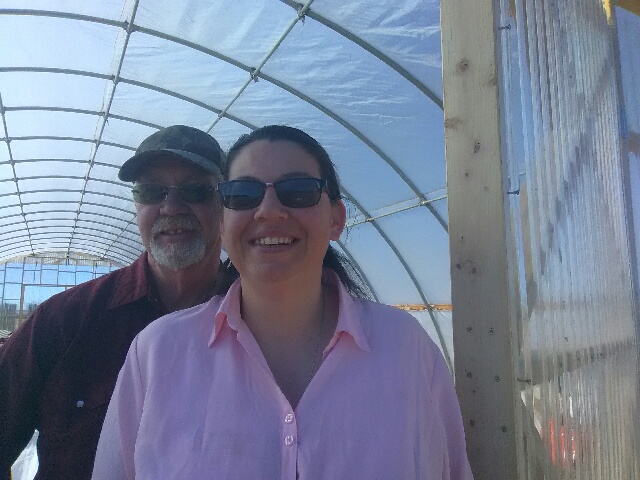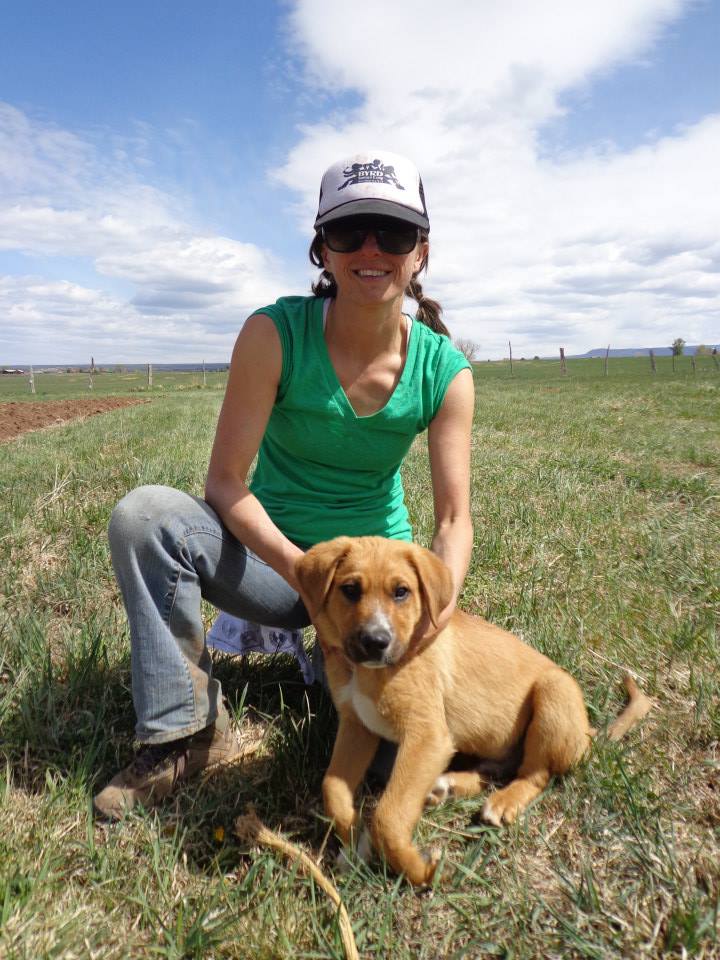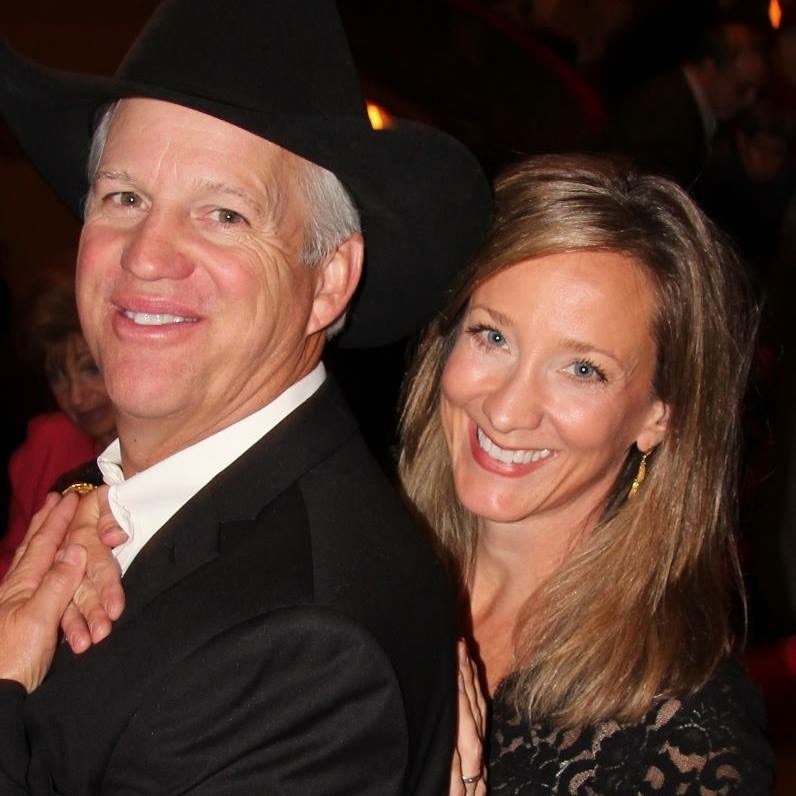Summit Ridge Wood Designs
Tobie Beneli and Lin Grady of Summit Ridge Wood Design (SRWD) shifted their business focus from custom woodworking jobs including commercial and residential cabinetry to primarily building caskets. In 1997, Tobie’s relative passed away. The deceased’s immediate family called and asked Tobie to build a casket. The funeral home would not sell them one because they had an outstanding bill and the director suggested the family make one. Tobie acquired the specific dimensions needed and produced a finished casket for the family the following morning.
This experience caused Tobie and Lin to shift their woodworking business to primarily building caskets. “Our primary objective was to make affordable caskets to help people in need.” Some funeral homes can purchase an inexpensively made casket from China and sell it at retail, of up to 200%-600% above their wholesale cost. “We wanted to provide a high-quality casket at a fair and reasonable price.” Tobie added SRWD’s goal is also to educate people that they do not need to go through a funeral home for final arrangements including purchasing a casket if they so choose.
Business grew for SRWD over the following years and the need arose to upgrade their equipment and facilities. Tobie and Lin knew they had to expand from their 30’ x 60’ workshop and casket lining room adjacent to their garage. One piece of equipment they purchased at a trade show was a $138,000.00 computerized router, referred to as a CNC. The CNC automatically loads nine customized tools for precision cuts. “People cannot make the cuts a CNC can make. It also saves us a lot of time.” SRWD also purchased a laser engraving machine which enabled them to personalize the caskets. With the laser they incorporated recognition awards and cutting out veneer designs for a local ski company.
“We purchased the CNC machine in July and it was to be delivered in November. We required financing in order to complete the expansion. We knew of Small Business Development Center (SBDC) through Joe Keck who had previously helped us with our business plan. Joe suggested that we contact SBDC to inquire about a loan.”
Lin and Tobie qualified for and received a $25,000 loan from Region 9, but unfortunately that was approximately $35,000 short of the amount requested. The expansion was to include a larger workshop, the addition of a portable building and three-phase electrical. Lin contacted their bank but never received a call back. She notified Joe of their situation. Joe soon replied and referred them to Community Bank (CB) in Cortez. “Both SBDC and CB worked quickly and efficiently. From SBDC’s referral and having a completed business plan, we received our loan within a week.” The expansion began in August 2003 and was completed by November that year. SRWD’s facility and equipment upgrade was complete.
SRWD’s business took off afterwards. “The focal point remained to help people. This is a tough industry to get involved with because funeral homes do not want us as competition.” Tobie and Lin sell their caskets at wholesale and retail prices nationwide. Their largest customer base is within CO, AZ, UT and NM, in addition to the Navajo Nation. Tobie said, “There are Navajo families that must sell their livestock and raise donations to pay for funeral costs upward of $7,000 through a traditional funeral home. On our website (www.nativecaskets.com) we have information that this can be done much more affordably and is legal in accordance with the Federal Trade Commission.”
“We would highly recommend SBDC to others. They were quick and efficient, and we would never have received our loan from CB without them. Joe always kept in touch and never dropped the ball.”










